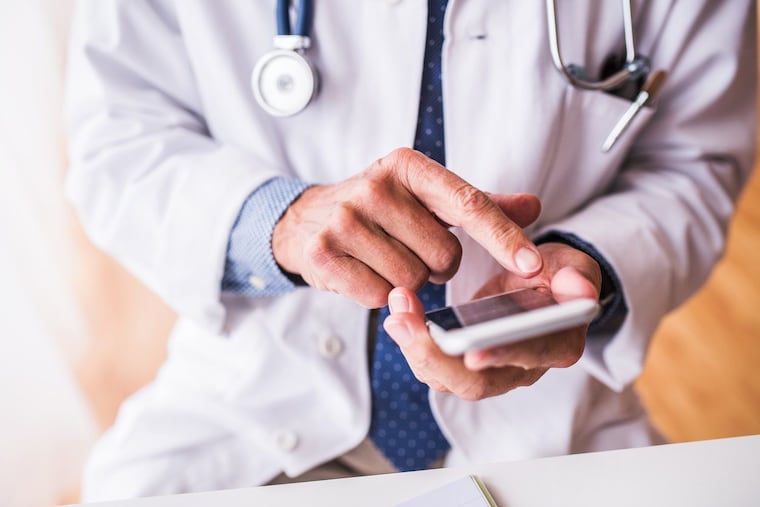For a boomer physician, Twitter is a virtual doctors’ lounge
For younger colleagues, the challenge is to escape the grip of social media. For us, it is learning to embrace its potential.

A younger colleague and I were recently waxing lyrical about all of the great professional contacts we’ve made on Twitter. We agreed that it is a great platform for discussion, learning, surveying opinions on issues, discovering new media, and promoting or seeking reaction to your own publications.
Reflecting on the conversation later, I felt our energies were subtly different. For my colleague, this is yet another contemporary tool to facilitate connection. For me, it also feels as if I’ve recaptured something. It reminds me of the old doctors’ lounge conversations we used to have in the early years of my career, before electronic health records, online meetings, and the bifurcation of hospitalists and outpatient clinicians.
Ironically, many of the technologies that have improved practice and connected doctors over a large network have also distanced us from each other geographically and socially. It is difficult to make time to get together in person with colleagues who have common interests and, as a result, enthusiasm fades, ties loosen, routines become more monotonous and predictable.
Twitter has allowed me to exchange ideas with physicians and others around the world with whom I share career interests. I can float ideas, assess general enthusiasm for topics, and even find potential partners for collaborative projects. It takes the doctors lounge to another level entirely, presenting a vastly larger pool of participants.
Further, no one ever seems too far from their smartphones, so response times are often a lot faster than through email, where many inboxes are either full or intermittently ignored. I never worry that Twitter threatens to isolate me from real human interactions. I still prefer to attend meetings in-person, and enjoy phone conversations. The social media platform feels like an enhancement rather than a substitute.
While at a recent national medical conference, I sat and listened to a panel of early career physicians discuss how they have used social media — blogs, tweets and podcasts — to advance their careers. There was a mere handful of attendees in the baby boomer and up age group. This did not surprise me but, on reflection, I think it is unfortunate.
During the question-and-answer portion, one of my fellow boomers asked, “Do you think that social media has a role in helping to improve physician well-being?” This resonated and I felt an immediate kinship with the questioner. The panel reaction surprised me. Despite the fact that social media had opened career doors for the panelists, their response consisted of admonitions about how we have to use caution, resist the powerful allure of these platforms, and force ourselves to “put down the phone, get out, shake hands and have more live conversations.”
As I looked around the room, I saw most of the millennial heads nodding in agreement, but when I looked over at my contemporary who asked the question, we shared a look of frustrated confusion. Really? That was hardly advice either of us needed. Yet most of the people in the room grew up staring at screens, pushing keys and clicking a mouse. Their challenge was to escape the grip of social media, whereas ours was to learn to embrace its potential.
Twitter and other social media platforms are far from a panacea for physician burnout, but for those in my generation and older, they do offer an opportunity to recapture a pleasurable aspect of medical practice that has been lost. As with other communication technologies in medicine such as electronic health records, passive acceptance can lead to frustration and missed opportunities. We can choose instead to engage so that they connect rather than isolate, reignite interests and build networks of support.
Happier, connected and more well-informed doctors will provide better patient care. Social media is a custom-made doctors’ lounge without borders, and accessible from anywhere. What’s not to like?
Jeffrey Millstein, M.D., is a primary-care physician and associate director for patient experience, Regional Physicians of Penn Medicine.